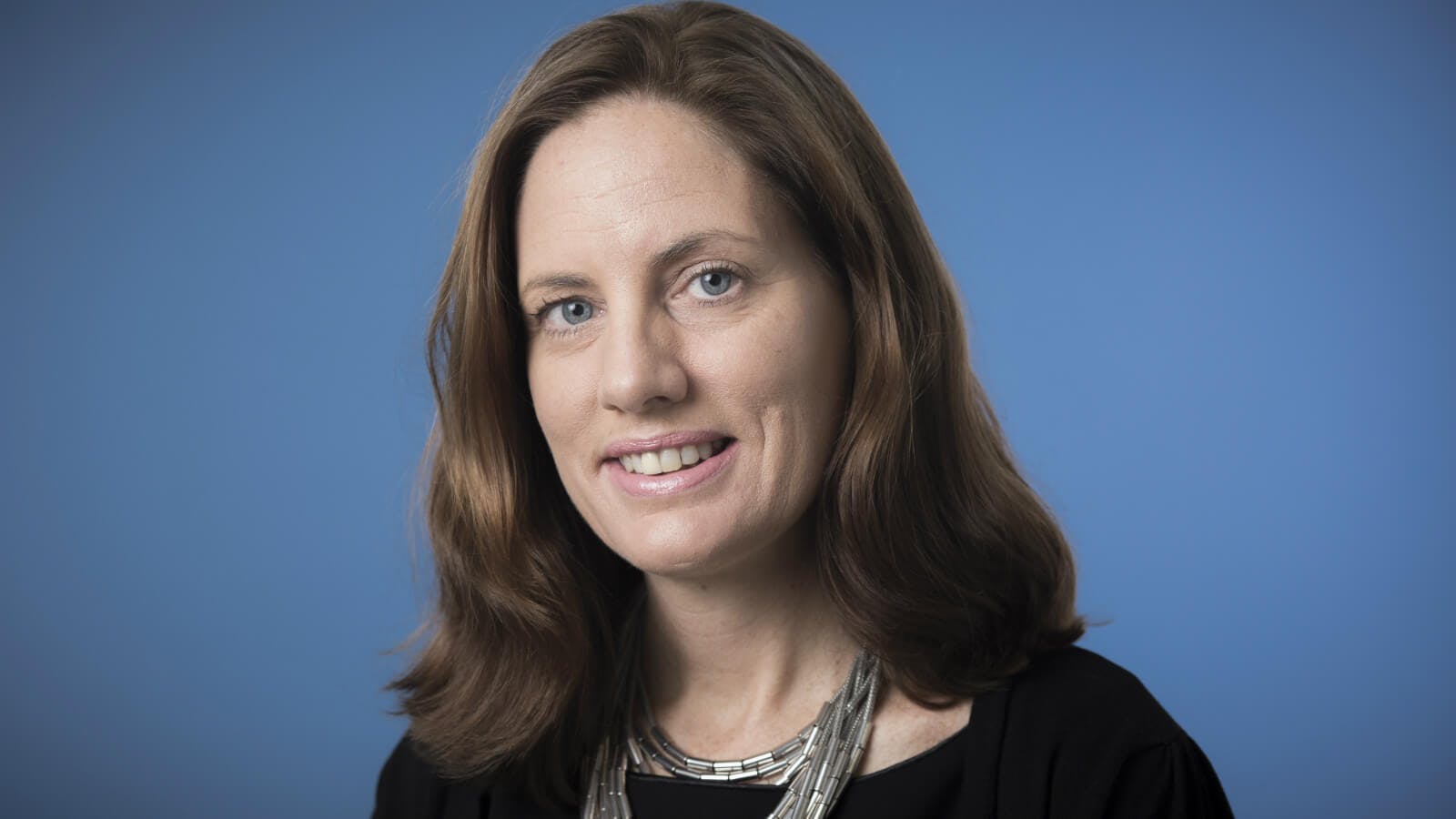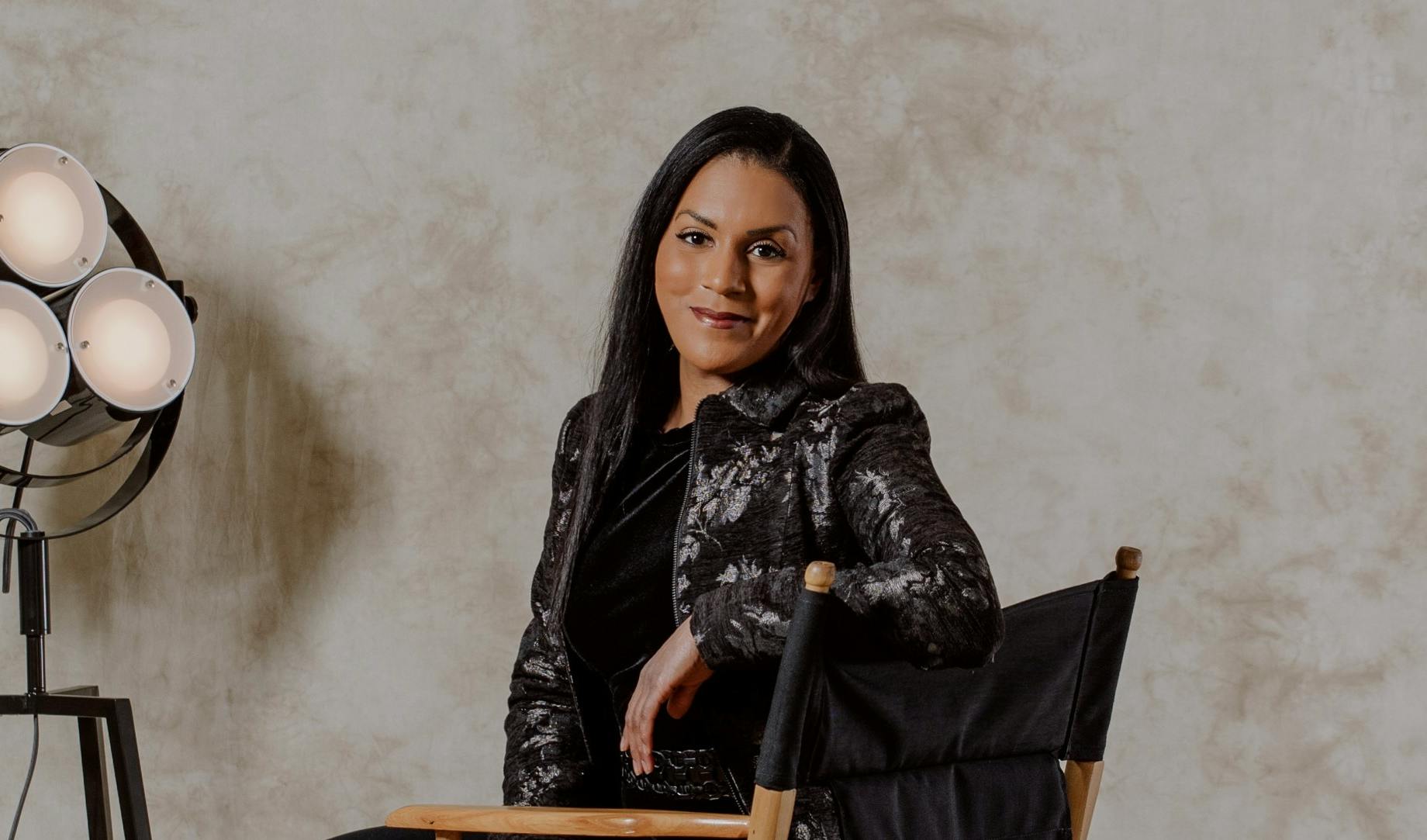
How boards can trigger digital marketing-led growth|15 mins with... Alison Sagar, Paypal UK’s Chief Marketing Officer
CMO of Paypal UK and recently appointed NED of Optegra, Alison Sagar, shares her insights on what firms need to know about digital marketing led-growth.
If you’re one of around 24 million people in the UK who has a Paypal account, you might well have been lured to sign up by Alison Sagar. The marketing guru first joined PayPal in January 2012 as UK Marketing Director and Head of Consumer; her leadership has contributed to a doubling of customer numbers and more than 150% growth in transactions. Across her three-decade-long career, Sagar - who has a degree in maths and an MBA from INSEAD - has had stints in strategy consulting and in industry, including a string of senior positions at American Express. She’s now also board chair of the payment giant’s UK charity, the PayPal Giving Fund, and recently added a Nurole-recruited role on the Non-Executive board of eye specialist Optegra to her CV. Here we discuss how firms can bring about digital marketing-led growth.
How do you think the digital revolution is changing marketing?
When I started my career, almost thirty years ago, my first marketing job was at British Airways - and it really did involve the four Ps [of marketing - product, price, place, and promotion]. I got a huge breadth of ‘marketing’ experience - from working in sales, brand marketing and customer service, to negotiating airline alliances at a corporate level. It was before the internet, and some elements - like customer centricity and value proposition - are still as relevant today as they were then – but, looking back, it was relatively straight-forward, the data was limited and the pace of change was fairly slow.
How that’s all changed now! Technology has transformed customer expectations, customer experience and the way companies communicate across every industry. It’s so much faster: people won’t wait more than a few seconds for a page to load. Attention spans are shorter, and the proliferation of choice is extraordinary, giving search engines huge power to filter and recommend, since 93% of online experiences start with a search engine. Great digital marketing is essential to getting you on the front page! The number of marketing channels and the targeting capabilities are now in a different league: even traditional broadcast channels – like TV and outdoor media can be targeted at an individual level because you either login or your phone is GPS-located. Then of course there are the newer channels like Digital Radio, Voice Search & the multitude of digital & social media platforms.
Secondly, marketing can now be much more of a two-way dialogue. In the old days, we might have run a customer survey twice a year but now you can have constant customer feedback (good and bad), both through social media channels as well as in-experience feedback or livechat, and adjust your business and marketing programmes accordingly.
Finally, digital technology can make the marketing processes much more agile. You can personalise ads and experiences – and do it cost effectively if you have the right back-office tools to manage creation, curation & targeting of content.
What are the downsides?
With speed and scale, also comes risk and reputation management. Digital comms also means you need to be far more responsive, and far quicker in the case of a problem: an old adage was, ‘a happy customer will tell one person, a dissatisfied one will tell seven.’ That principle still applies but at a thousand times the scale, and misinformation also travels at great speeds! Good digital marketing includes being ready to tackle any crisis or misinformation with a clear, thought-through approach, carried out speedily. It’s more pressurised.
Have we reached the tipping point where an exclusively-digital marketing strategy is enough?
I don’t think so - digital marketing has to be a key part of the marketing mix: it delivers content, customers, sales and is also a fantastic source of customer insight. But it’s not everything. At the heart of any growth strategy, you’ve got to be asking, where are your target customers consuming information, and how can I get my message through effectively in a world that is cluttered with overwhelming amounts of choice?
Sure, we’re all on our devices a lot - but it’s not 100% of the time (yet!). You still need the balance of different media - digital is fantastic at personalisation and ‘last mile conversion’ encouraging those who’ve already established an interest in the product or service you sell, sign up or make the purchase. But digital isn’t always the best and most effective way to establish the need for that product or service. That happens via really effective storytelling, which can be more authentic via broadcast channels, partnerships, and PR - they help to prime the audience, and build the desire.
What should firms looking to grow via digital marketing be thinking about?
Two major things to start with: one, ensure the instrumentation is right: gather information about the customer experience, work out where customers fall out of your funnel. Features like live chat, and customer surveys can help you to steer business decisions. Any marketing dollars you spend on a customer who doesn’t make it through your onboarding or checkout process because of poor experience, will be dollars wasted! Next, you need to nail your SEO [search engine optimisation] and SEM [search engine marketing] strategy. If your product or service is not ranking on the first page of a Google search, you’re going to struggle. The drop off on second page is phenomenal. Links, tags, content marketing, partnerships and PR can play a crucial role in perfectly positioning your digital storefront and making it easy to access.
How can a NED with marketing expertise help from their board seat (without treading on the executives’ toes)?
There are so many flavours of NED - I think you need to be really clear about the expectations of the board you’re on. At PayPal Giving Fund, for example, my focus is governance and risk management – particularly around new product development and partnerships, rather than day-to-day marketing, whereas at Optegra I’m focused on providing advisory support on digital marketing and value proposition. You need to be really clear about what capacity you’re brought into a board.
At board meetings, it’s about explaining how marketing can help support business strategy - what level of investment or customer proposition it would take to build the top line. Outside of board meetings, marketers have a role in providing the executive team with an external sounding board: because the industry is moving so fast, when you’re inside a company (and sector) it’s hard to put your head up and see what rivals or other industries are doing. So a NED can be someone to test out ideas with, to ensure the organisation’s thinking is really joined up, and ask questions like, ‘what’s the true lifetime value of a customer?’, ‘how much should you invest to acquire someone?’, ‘what do you need to do later in the customer journey to create brand advocates, rather than churned customers?’
What do you think the best digital marketing example out there is right now?
My favourite example of great digital marketing is Spotify - it has a really integrated view of marketing, and combines data with storytelling. It ran an inspiring campaign across broadcast media, outdoor & digital to tell real customer stories based on their digital data in a humorous way, and it complements its marketing comms with a very active partnership scheme. Their digital funnel management & ‘freemium model’ is also really effective. Once a customer has signed up, the free service is fabulous and monetised through advertising, but they then use their audio and digital channels to convert you to a paying subscriber without ads.
What do you put your own success down to?
Curiosity - I have a thirst for learning new things and new ways of doing things and creating value. I also have an almost religious approach to customer experience; that’s held me in good stead. If you create relevant and differentiated customer value, the revenue and profits follow. And I think my maths degree and commercial background helps too: I love numbers, I can talk to CEOs, and FDs at a really strategic level – and sometimes marketing is perceived as a cost centre not a profit centre, which can affect a CMOs influence in the business overall. So I find being comfortable with numbers is really helpful.
If you are looking for non-executive director roles, Nurole's innovative recruitment platform can help.





